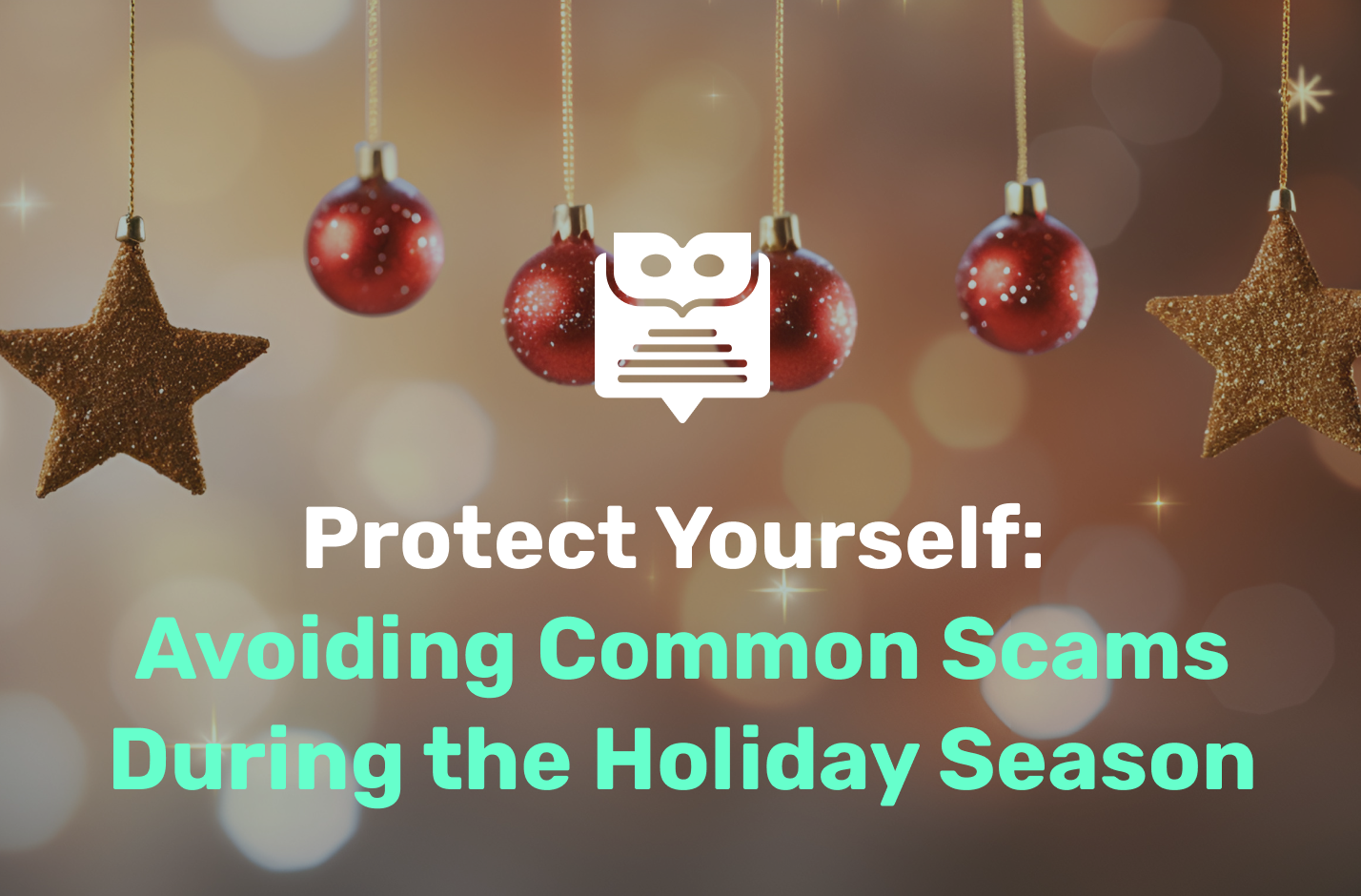The holiday season is a time of joy, celebration, and giving. Unfortunately, it’s also a time when scammers are more active than ever, preying on the festive spirit and the increased online activity of shoppers. To ensure that your holidays remain joyful and scam-free, it’s crucial to be vigilant and informed about common scams that can ruin your holiday cheer. In this article, we’ll explore some common scams and provide valuable tips on how to stay alert and avoid falling victim to them.
Online Shopping Scams
With the rise of e-commerce, online shopping has become a prevalent way to purchase gifts during the holidays. However, it has also created opportunities for scammers to take advantage of unsuspecting shoppers. Here are some common online shopping scams to be aware of:
- Fake Websites: Scammers create convincing fake websites that mimic legitimate online stores. They offer enticing deals on popular products, but once you make a purchase, they disappear, leaving you with nothing. To avoid this scam, only shop from reputable websites with secure URLs (https://) and read reviews before making a purchase.
- Phishing Emails: Scammers send emails that appear to be from well-known retailers, asking you to click on a link to verify your account information. These links often lead to fake websites where scammers collect your personal and financial information. Always double-check the sender’s email address and avoid clicking on suspicious links.
- Counterfeit Goods: Some sellers offer counterfeit products at discounted prices, tricking buyers into thinking they are getting a great deal. To avoid this scam, buy from reputable sources and be cautious of deals that seem too good to be true.
Gift Card Scams
Gift cards are a popular holiday gift, but scammers have found ways to exploit them. Here are ways scammers exploit gift cards:
- Tampered Gift Cards: Scammers purchase gift cards, record the card numbers and PINs, and then return them to the store. When an unsuspecting person buys the tampered gift card, the scammer drains its value online. Always check gift cards for signs of tampering and purchase them from trusted sources.
- Fake Gift Card Offers: Scammers may send emails or messages promising free or discounted gift cards in exchange for personal information or a small fee. Be wary of such offers, as they are often scams designed to steal your information or money.
Charity Scams
The holiday season is a time when many people are in a giving mood, and scammers take advantage of this generosity:
- Fake Charities: Scammers create fake charities with names that sound legitimate. They solicit donations, but the money never goes to a real cause. To avoid this scam, research charities before donating and only give to reputable organizations.
- Emotional Manipulation: Some scammers use heart-wrenching stories or images of suffering individuals to tug at your heartstrings and get you to donate. While genuine charities may use such appeals, it’s essential to verify the authenticity of the cause before giving.
Package Theft
With the increase in online shopping, package theft has become more common during the holidays:
Porch Pirates: Thieves target unattended packages left on doorsteps. To prevent package theft, consider having packages delivered to a secure location or using package lockboxes. You can also track deliveries and schedule them for when you’re home.
Travel Scams
Many people travel during the holiday season, making them vulnerable to travel-related scams:
- Fake Vacation Rentals: Scammers advertise vacation rentals that don’t exist or aren’t as advertised. Always verify rental listings on reputable platforms and read reviews from previous renters.
- Airport Scams: Be cautious of scams at airports, such as fake taxi services or unauthorized airport shuttles. Use official transportation services and be wary of individuals offering unsolicited assistance.
Social Media Scams
Social media platforms are a hotbed for scams:
- Fake Giveaways: Scammers run fake giveaways on social media platforms, asking users to share personal information or pay fees to claim their prizes. Be skeptical of such offers, especially if they seem too good to be true.
Tips for Avoiding Common Holiday Scams
Now that we’ve covered some common holiday scams, here are tips to help you stay alert and protect yourself:
- Use Strong Passwords: Create strong, unique passwords for online accounts and consider using a password manager to keep track of them.
- Enable Two-Factor Authentication (2FA): Whenever possible, enable 2FA for your online accounts. This adds an extra layer of security by requiring you to provide a code sent to your phone or email to log in.
- Verify Emails and Websites: Double-check the sender’s email address and website URLs to ensure they are legitimate. Be cautious of unsolicited emails and messages.
- Research Before You Buy: Research products, sellers, and charities before making a purchase or donation. Read reviews and check for any red flags.
- Keep Personal Information Private: Be cautious about sharing personal and financial information, especially in response to unsolicited requests.
- Educate Yourself: Stay informed about the latest scams and tactics used by scammers. Knowledge is your best defense against fraud.
- Trust Your Instincts: If something doesn’t feel right, trust your instincts and investigate further before taking any action.
While the holiday season is a time of joy and giving, it’s also a time when scammers are actively looking for opportunities to take advantage of unsuspecting individuals. By staying informed, vigilant, and following the tips provided in this article, you can protect yourself and your loved ones from common holiday scams. Enjoy the holidays with peace of mind, knowing that you are prepared to defend against fraudsters and keep the festive spirit alive.

